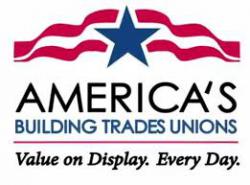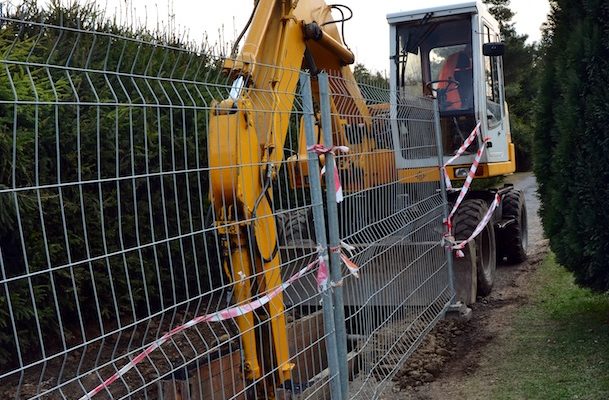Avakian says workers and businesses will be hurt by the use of arbitration clauses in employment contracts to bar workers from joining class-action lawsuits over workplace issues. High court voted 5-4 to side with the prohibition.
Peter Wong, Tuesday, May 22, 2018
State Labor Commissioner Brad Avakian says a U.S. Supreme Court decision will prove troublesome to businesses, not just workers.
“That was an absurd decision,” Avakian said Monday, May 21.
Avakian’s reference was to a 5-4 decision, which the Supreme Court issued Monday in three consolidated cases, that allow businesses to use arbitration clauses in employment contracts to bar workers from joining class-action lawsuits over workplace issues.
Under arbitration, a third party settles the dispute – and there is usually no alternative resolution.
The decision affects an estimated 25 million employment contracts.
“Arbitration agreements limit people’s ability to go to court if they want a jury trial,” Avakian said. “That was a strike against workers.”
The court ruled in a 2011 case that businesses can invoke arbitration clauses to bar consumers from filing class-action suits.
But in two of the three cases brought to the high court – all of them arguing that workers were underpaid – federal appeals courts ruled in favor of allowing class-action suits on wages and working conditions. One appeals court, however, did not – and the conflicting rulings prompted the high court to act.
Now individual workers will have to file separate lawsuits.
“For employees, class-action suits do not put all the burden of financing or supporting a case on one individual who might be going after a giant corporation,” Avakian said. “It balances the power by letting employees join together and carry the burden.”









